
In the vibrant intellectual landscape of 12th-century Islamic Spain and North Africa, few scholars commanded as much respect and admiration as Qadi 'Iyad. Born in 1083 CE in Ceuta, just six months after the Almoravid takeover of the city, this remarkable polymath would go on to become one of the most influential figures in Islamic jurisprudence, hadith scholarship, and theology. His full name, Abu al-Fadl 'Iyad ibn Musa ibn 'Iyad al-Yahsubi al-Andalusi al-Sibti al-Maliki, reflects his distinguished Arab lineage, though he would become known throughout the Muslim world simply as Qadi 'Iyad.
Unlike many scholars of his era who began their studies in childhood, Qadi 'Iyad came to Islamic scholarship relatively late. It was not until the age of 22 that he obtained his first ijazah (license to transmit knowledge) from the renowned Hafiz Abu 'Ali al-Ghasani. This late start, however, did not hinder his intellectual development. Born into an established scholarly family in Ceuta, 'Iyad benefited immensely from his privileged background and the city's position as a crossroads of Islamic learning.
His first major teacher was the judge Abu 'Abd Allah Muhammad ibn 'Isa, who died in 1111 and was credited with 'Iyad's fundamental academic formation. Growing up in Ceuta, the young scholar was exposed to a constant flow of learned men from al-Andalus, the Maghrib, and the eastern Islamic world, creating an intellectually rich environment that would shape his comprehensive approach to scholarship.
Between 1113 and 1114, driven by an insatiable thirst for knowledge, Qadi 'Iyad embarked on a scholarly journey across al-Andalus. He visited the great centers of learning: Cordoba, Almeria, Murcia, and Granada. During these travels, he studied under some of the most celebrated scholars of his time, receiving ijazas and forming relationships that would define his intellectual career.
In Murcia, he studied closely with the famed traditionist Qadi Abu 'Ali ibn Sukrah al-Sadafi, who was considered the most important hadith scholar of the era. He also learned from numerous other masters, including Abu Bahr ibn al-'As, Muhammad ibn Hamdayn, Abu al-Husayn Siraj al-Saghir, Abu Muhammad ibn 'Attab, and Hisham ibn Ahmad. For jurisprudence, he studied under Abu Abdullah Muhammad ibn 'Isa al-Tamimi and Qadi Muhammad ibn 'Abdullah al-Masili. By the end of his educational journey, Qadi 'Iyad had studied under approximately one hundred teachers, accumulating a vast reservoir of knowledge that would inform his later works.
In 1121, at the age of 35, Qadi 'Iyad was appointed judge of Ceuta, a position he would hold with great distinction. His first tenure lasted until 1136, and he would serve again from 1145 to 1148. The scholar Khalaf ibn Bashakwal described him as being "among the people of knowledge and polymaths, of great intelligence and understanding," noting that he "performed the duties of a judge in Ceuta for a long time, in which he earned a praiseworthy reputation."
His time as judge proved to be his most productive period intellectually. The practical experience of adjudicating cases provided the foundation for his influential works in jurisprudence. The jurist Muhammad ibn Hammadah al-Sibti offered a vivid portrait of Qadi 'Iyad's judicial temperament: "He was lenient, but not weak, [and] fierce in defence of the truth."
Qadi 'Iyad also served briefly as judge of Granada, working there for just over a year before returning to Cordoba, where he taught and shared his knowledge with eager students. His reputation as a jurist and writer of positive law was unmatched in his time, and his judicial decisions and legal opinions were sought after throughout the region.
Qadi 'Iyad was a firm adherent of the Ash'ari school of theology, and he became one of its most eloquent defenders. He famously praised the school's founder, Abu Hasan al-Ash'ari, stating that al-Ash'ari "composed the major works for the Ash'ari school and established the proofs for Sunni Islam and established the attributes of God that the people of innovation negated."
According to Qadi 'Iyad, the Ash'ari school represented the true path of Sunni orthodoxy, establishing the eternity of God's speech, His will, and His hearing against the challenges posed by the Mu'tazilites and other theological movements. He noted that "the people of Sunnah from the East and the West use his methodology and his arguments," demonstrating the widespread influence of Ash'ari theology in his time.
Interestingly, despite his strong theological convictions, Qadi 'Iyad did not harbor enmity toward all competing schools. While opposed to the Almohads and the controversial views of Ibn Hazm, he maintained respect for the Zahirite school of Islamic jurisprudence. He spoke positively of Ibn Hazm's teacher, Abu al-Khiyar al-Zahiri, and even characterized his own father favorably, despite the latter being a Zahirite theologian.
Qadi 'Iyad was extraordinarily prolific, and according to contemporary observers, "No one in Ceuta wrote more works than him during his time." His literary output spanned multiple disciplines, reflecting his status as a true polymath who mastered Islamic theology, jurisprudence, hadith, history, legal theory, scriptural exegesis, Arabic language, genealogy, and poetry.
His most famous work is undoubtedly Al-Shifa bi Ta'rif Huquq al-Mustafa (The Remedy Through Recognizing the Rights of the Chosen One), a comprehensive treatment of the life, personality, and rights of the Prophet Muhammad. This work achieved such widespread acclaim that an extraordinary number of commentaries have been written on it over the centuries, a testament to its enduring importance in Islamic literature.
Other major works include Tartib al-Madarik wa Taqrib al-Masalik, a multi-volume biographical dictionary of Maliki scholars; Ikmal al-Mu'lim bi Fawa'id Muslim, his influential commentary on Sahih Muslim, which was later utilized and expanded upon by Imam al-Nawawi in his own famous commentary; and Mashariq al-Anwar 'ala Sahih al-Athar, based on the hadith collections of Imam Malik, Imam Bukhari, and Imam Muslim.
His other works demonstrate the breadth of his scholarship: Al-I'lam bi Hudud Qawa'id al-Islam addressed the five pillars of Islam; Al-Ilma' ila Ma'rifa Usul al-Riwayah wa Taqyid al-Sama' was a detailed treatise on hadith sciences; and Daqa'iq al-Akhbar fi Dhikr al-Jannah wa al-Nar was an eschatological manual describing the joys of Paradise and the horrors of Hell.
Qadi 'Iyad's influence extended far beyond his written works through the many distinguished students who studied under him. Among his most notable students were Imam 'Abdullah ibn Muhammad al-'Ashiri, Abu Ja'far ibn al-Qasir al-Gharnati, al-Hafiz Khalaf ibn Bashakwal, Abu Muhammad ibn 'Ubayd Allah al-Hijri, and Muhammad ibn al-Hasan al-Jabiri. Even his own son, Qadi Muhammad ibn 'Iyad, followed in his footsteps, serving as judge of Denia in Spain. He is also credited with teaching the great philosopher Averroes and the grammarian Ibn Mada'.
His doctrinal positions had lasting impact on Islamic legal thought. Scholars like Ibn Taymiyyah and Taqi al-Din al-Subki would later draw upon Qadi 'Iyad's expansive definition of heresy in matters of apostasy, particularly his strong stance that Muslims who disseminated improprieties about the Prophet Muhammad or questioned his authority should face severe penalties.
The circumstances surrounding Qadi 'Iyad's death in 1149 remain somewhat unclear, with various sources providing conflicting accounts. What is certain is that he died in Marrakesh during the tumultuous Almohad period. His son Muhammad reported that he passed away "in the middle of the night, on Friday the 9th of Jumada al-Akhirah in the year 544 AH," and was buried in Marrakesh.
However, the renowned historian al-Dhahabi recorded a more dramatic account: "It has reached me that he was killed by an arrow for his denial that Ibn Tumart was infallible." This reference to Ibn Tumart, the founder of the Almohad movement who claimed to be the awaited Mahdi, highlights the political and religious tensions of the era. Qadi 'Iyad's refusal to acknowledge Ibn Tumart's claims may have put him at odds with the new ruling dynasty.
Some sources suggest he died of natural causes or illness during a military campaign, while others describe a peaceful death while serving as a rural judge near Tadla. Later sources tend to assume a violent death at Almohad hands, though the truth remains uncertain.
Today, Qadi 'Iyad is remembered as one of the seven saints of Marrakesh, where his tomb near Bab Aïlen has become a site of visitation and reverence. The University of Marrakech bears his name as Cadi Ayyad University, ensuring that his commitment to scholarship and learning continues to inspire new generations.
His works, particularly Al-Shifa, remain essential reading in Islamic studies, and his contributions to Maliki jurisprudence and hadith sciences continue to influence scholars across the Muslim world. In an age of remarkable intellectual achievement, Qadi 'Iyad stood out as a beacon of comprehensive learning, combining deep piety with rigorous scholarship, judicial wisdom with literary brilliance. His life reminds us that true scholarship requires not only intellectual brilliance but also moral courage, dedication to truth, and an unwavering commitment to preserving and transmitting knowledge for future generations.
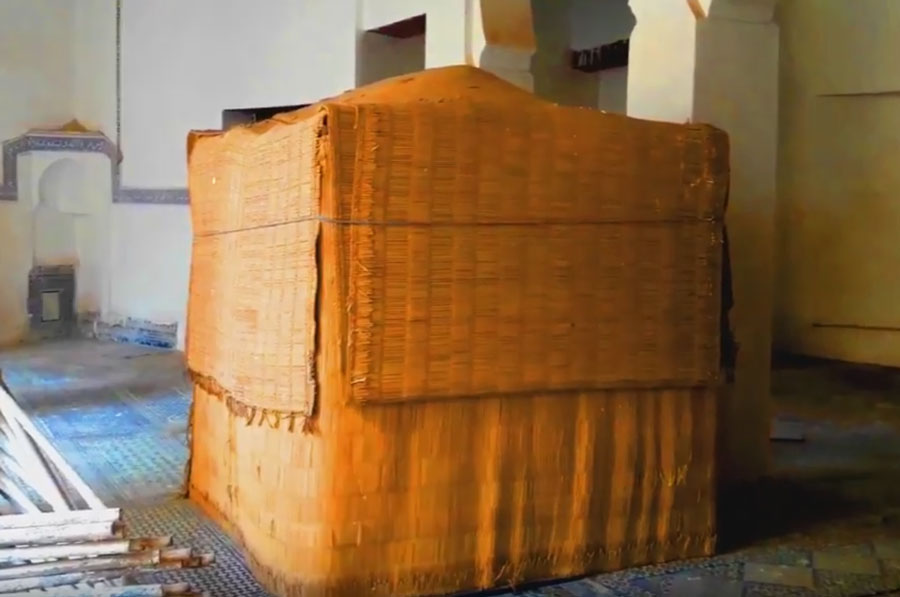


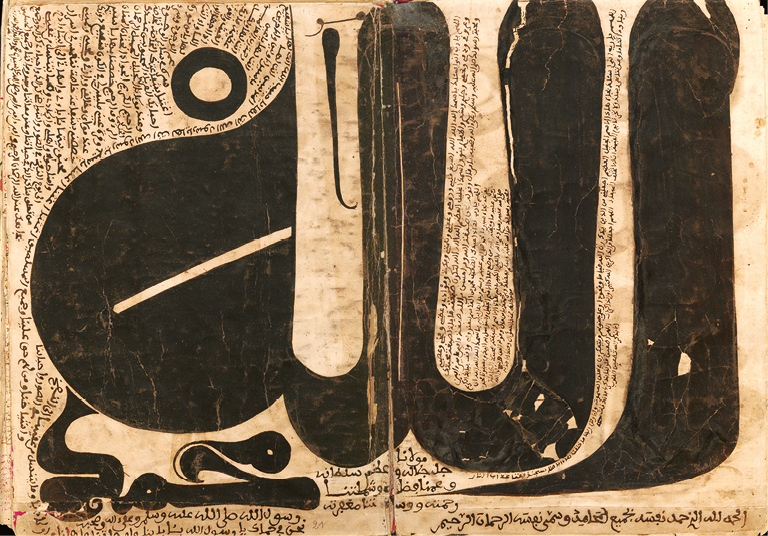
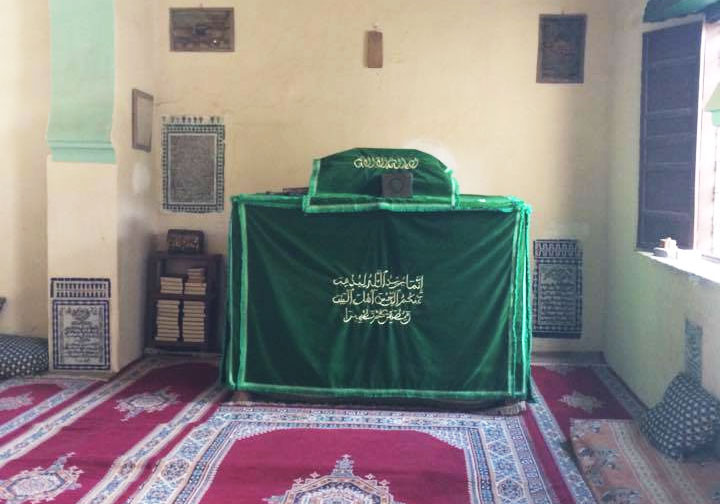

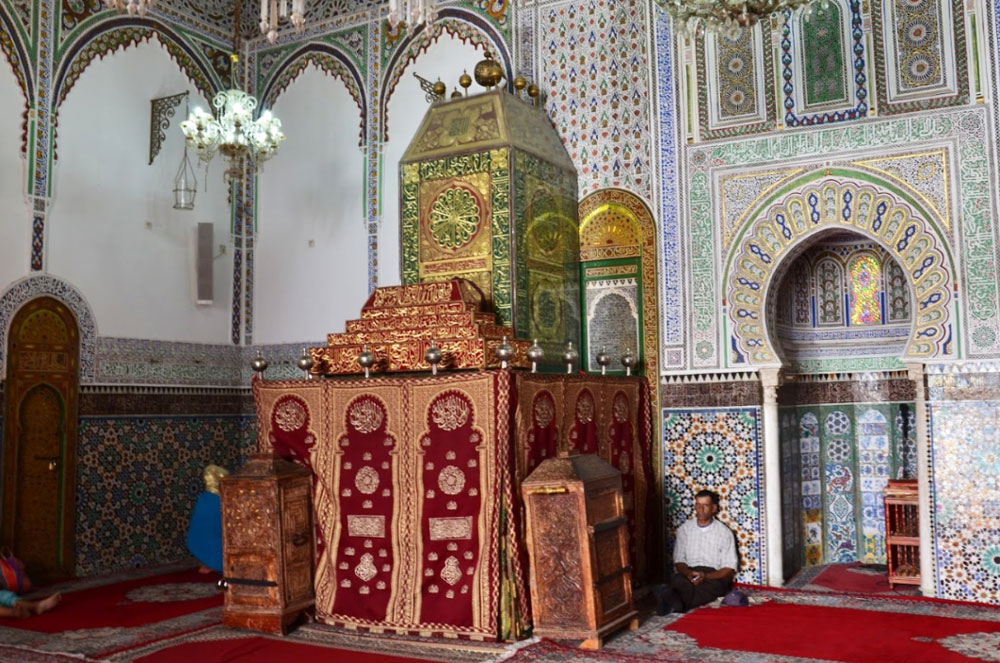
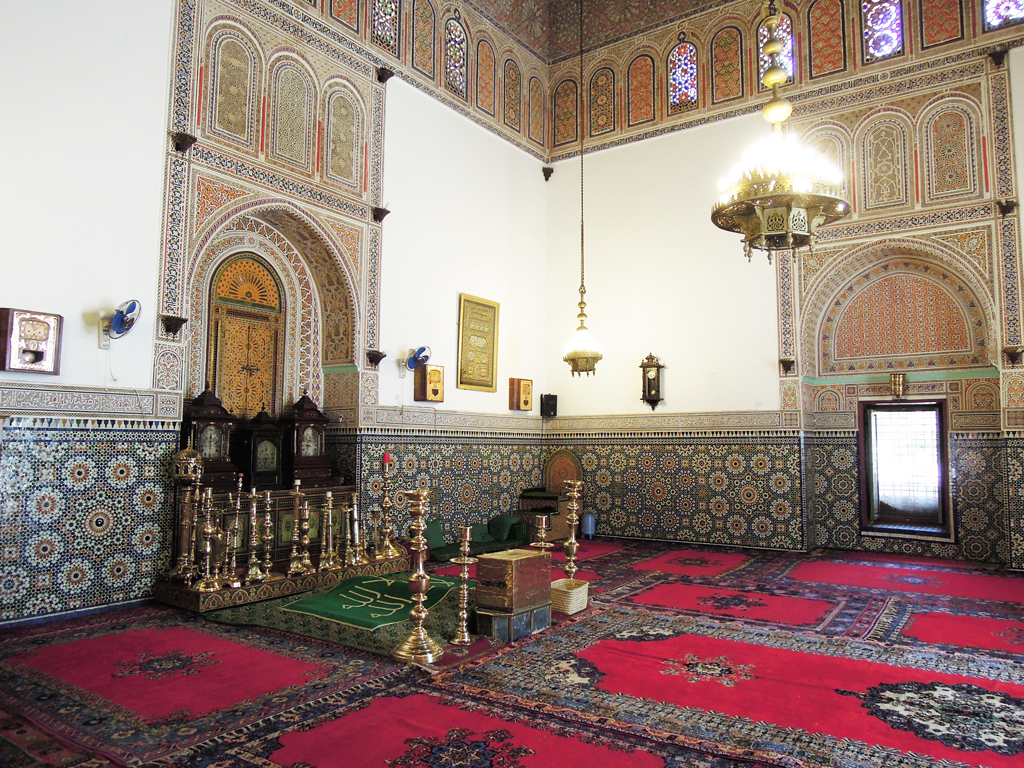





























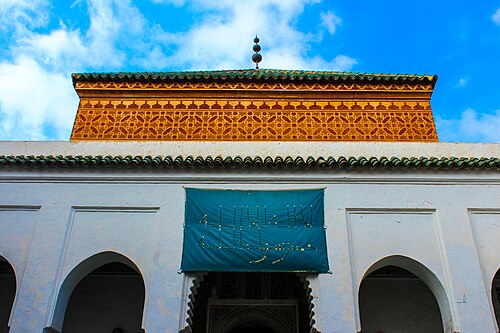
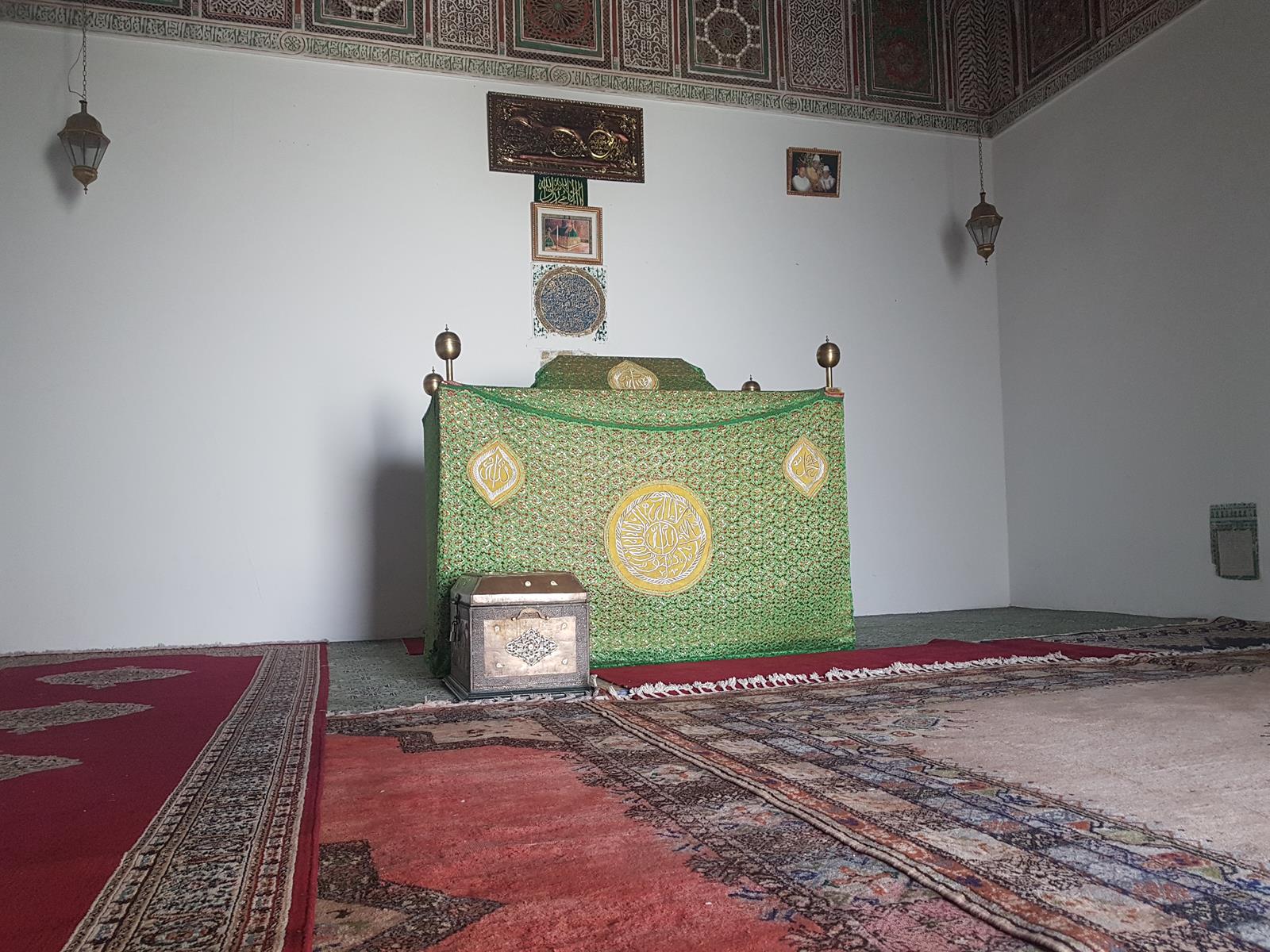




Find all our meditations on the Nur App!
Experience tranquillity through Qur'anic recitations and meditations on our Nur App and develop healthy spiritual routines to maintain your God-given Nur (light).
